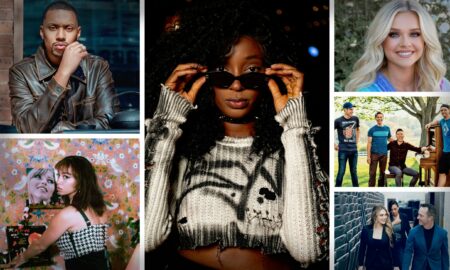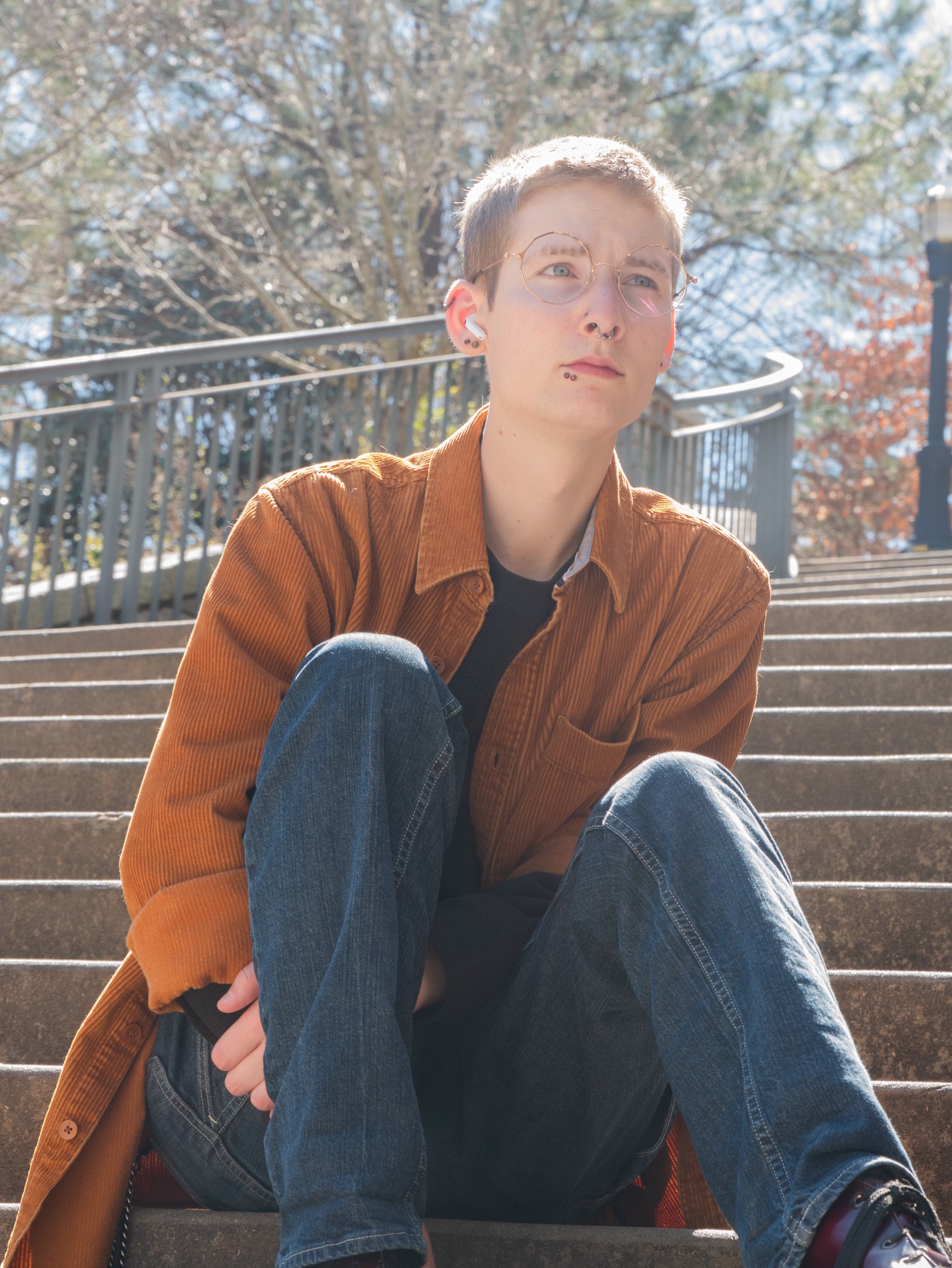

Today we’d like to introduce you to Aharon Weinstein
Aharon, we appreciate you taking the time to share your story with us today. Where does your story begin?
I always meet people who have known what they wanted to do since they were kids. They talk about falling in love with movies, photography, or drawing when they were little. Seeing these forms of art as magic, being so bewildered that they had no choice but to chase after them since. I didn’t really get into photography or film like that. Growing up things weren’t great. My parents divorced when I was little and my mothers side of the family was quite abusive and my father was doing the best he could to keep me together. Financially, both sides of my family lived paycheck-to-paycheck; ends didn’t meet and there wasn’t a lot of hope of things improving. From as young as I can remember everything in life was just grey. I didn’t feel a spark in anything; having clinical depression there wasn’t a spark for me like everyone else I know had. I didn’t see magic in cinema, I didn’t care for photography, drawing didn’t do much for me. The first time I really felt in touch with art was when my father, using what little spare income he had, got me into cheap electric bass lessons. I never really got good, I don’t even think I got past the first three pages in the lesson book before the lessons stopped. However, in those moments with the tutor, or when I practice, when things really clicked it felt exhilarating. For the first time I truly started to feel a connection to something artistically. The lessons didn’t last long, but the memory of that feeling did. When elementary school ended our teachers were supposed to help us all sign up for what pathway we wanted to start in middle school. We had to choose a foreign language to take, decide if we wanted to do chorus, orchestra, band, engineering, art, etc. I had no idea what I wanted to do. My mental health was pretty bad and I couldn’t find it in myself to care. My father encouraged me to try out orchestra and, as he has never steered me wrong, I decided to give it a go. I never really did well in it. I hated to practice, because every time I played it felt like just another thing I was messing up. I had a hard time socializing as a kid and never wanted to reach out and work with other students. I was too detached to give anything to music and as a byproduct I didn’t really get anything back. Once middle school ended I jumped on the opportunity to leave the orchestra path in favor of engineering. In my mind engineering was more isolated. It didn’t really matter if I drifted off mentally and wasn’t really present because I could just disappear into the sea of other students. There weren’t cues to hit, there wasn’t an audience, there wasn’t anything I felt a connection to that I cared if I messed up. I just drifted through high school avoiding anything artistic, I barely socialized, and barely held myself together. To be honest, I don’t even recall anything much from that period of myself that stands out. It’s all just a gradient of grey. After I stumbled through high school, managing to graduate with a stunning 1.8 GPA, I decided to start university. Right after graduating my father caught COVID-19 and died for about twenty minutes or so in the hospital. The doctors were able to bring him back, but he was in a coma for a few months. As a result I had to figure out how to navigate university with the help of my sister and my dad’s partner. It was brutal, but I tried my best to push through. I had no idea what I wanted to major in. To be completely honest I hadn’t ever really put thought into college, because I didn’t really expect to make it past high school. Once I found myself in university it hit me, “Wow, this is real. I’m here, now what do I do?”. I bounced around different programs for a bit. I tried sociology, thought about computer science, but eventually settled on film. I can’t say anything about film really stood out to me at first, I just kinda went into it because I didn’t want to do the other majors. I loved sociology, but none of the job prospects really seemed like things I could get myself to do mentally. The idea of working in computer science was nauseating. Film just seemed like the best option and to be honest I still don’t know to this day. I kept at the film courses, did some production assistant gigs, and eventually realized that I needed to work on my core foundations if I wanna make a real living doing this kinda work. Taking stock, I saw a need to work on my composition so I decided to take an introduction to photography class. My professor, Jordan Putt, had us working on our first project and needed to do personal meetings to make sure we were on track. I was terrified to show him my work as I hadn’t done too much with cameras other than some street photography. To my shock, he said they were quite good. When I showed him my photographs for the assignment he asked what my major was and I said film & media. He just looked at me and I asked him if I should change to photography, he nodded and said yes. I hadn’t really had an experience like that before. I’ve had professors say I did good in my classes, I’ve gotten decent grades, but this was the first time someone who really knew what they were talking about actually saw something in the art I made and not just the gradebook. The feeling was intoxicating and I’ve just been running with it. I decided to start photographing Atlanta, doing street photography more often. I started covering the protests that I went to. I started to work on not just practicing for class, but working on honing my talents as an artist not just as a student. To improve I showed my work off to a friend I had made when I volunteered at CineGear one year, RK. They work in the film and art industry full time and have always been there to offer advice. RK was ecstatic to review my work and always gave solid feedback. After I saw them seeing my improvement I decided to start building a portfolio using Instagram. Now I’m working on improving my photography. I shoot every week, mostly street but working on branching out. I make an effort to not just attend protests, vigils, and other activist events but to also cover them.
Would you say it’s been a smooth road, and if not what are some of the biggest challenges you’ve faced along the way?
Every class day I commute via metro. I wake up, throw on my clothes, and shuffle my way to the closest MARTA station. As I walk up I see so many shades of grey. I see unhoused neighbors being harassed by APD and MARTA security. I see disabled people waiting for someone to bother to help them navigate the inaccessible concrete jungle they live in. I get on my train and it’s hard to even describe. I hear parents trying to calm their kids who call in from school because they miss them. I hear those parents have to reassure their kids they’ll be home that night, they don’t have to work three shifts that day like most days. I see people, motionless, dreading the workday ahead. I see tourists talk a lot about MARTA, but I never hear them talk about how motionless and stale it feels. Everyone is trying to survive and that is getting harder. Sometimes I consider snapping a photograph of the morning or afternoon commute, but it feels almost grotesque; like a vile, perverted, sick thing to photograph. It never changes because our policies never change. I cannot think of any way to describe how I got to this point in my life other than that commute. It’s brutal, grueling, stale, and always feels pointless. Every time I get back from a photoshoot, I feel dread until my friend tells me how my photographs are. I always feel like I’m stagnant. I’m running, but not going anywhere. It’s terrifying. There are so many talented people out there and trying to reach that level is hard enough as it is, but trying to do so in the current media environment is even harder. If you look up street photography on Instagram you often won’t find street photography, but rather staged street portraits being passed off as “happening upon a perfect photo”. When you’re a student trying to build a career, how do you compete with that? How do you stand out in a category where most people within it are using loopholes, misidentifying their work, and over-saturating the market with these highly produced pieces? It’s brutal. On top of that I’m transgender and most people don’t really want to engage with the work of trans people. You have to work eight times harder to get a quarter of what some guy with a GoPro and a model can get in one post. Oftentimes you get drowned out and you’re just posting into the void. When you add the constant economic downturn my generation gets to live through, it’s anxiety inducing. I have no idea how I will make a career here; how I’m going to find financial stability and independence. My family’s situation has improved greatly, but I’m not an id*ot. Getting our heads above water was a matter of luck. Did we work hard? Yes, but so does everyone. Our hard work got to pay off and that’s entirely due to luck. It’s hard to keep pushing yourself in that environment. It collapses your mental health when you see no economic future in any field, let alone the one you’re going into. Especially at a time when a neo-nazi government is constantly screaming about how they are going to exterminate you and actively passing laws to take away the few rights you have. This isn’t to say I’m throwing in the towel, but rather that I know what I come from and I know what I can go back to. What I don’t know is how to build a career.
Thanks – so what else should our readers know about your work and what you’re currently focused on?
While I’m still a student at Georgia State University, about to be switching from majoring in film to majoring in photography, I do a lot of independent work in my own time. I mostly shoot street photography and cover protests, trying to show the world Atlanta as I see it to be; a place of resistance, struggle, and oppression. I’m working on branching out into portrait photography as it is an area that I feel will greatly improve my protest coverage. I don’t know if I would say I’m really known for anything as I haven’t really gotten much attention outside of this article. I think I’m most proud of getting over myself. When you start shooting photographs, especially doing street and event coverage, there is so much anxiety. You feel weird about snapping people’s photographs. I’m working past that though. When I go to a protest, vigil, or even if I’m just shooting street I try to focus on the actual place I am. This protest isn’t about my anxiety regarding taking peoples photos, people are here for a reason and I need to show what that reason is. I need to focus on capturing the joy, pain, and solidarity of these events instead of worrying about whether people think I’m weird. I think the big thing that sets me apart from the others when it comes to my work is where my focus is and where I am. So many people come into Atlanta to photograph the tourist areas, these perfect picturesque places. They take photos of the Fox Theatre sign, the ferris wheel downtown, the skyline from Jackson St. bridge. Those are all well and good, but they don’t show you Atlanta. They don’t show you what it’s actually like in Atlanta. You don’t get to the actual communities people live in, what they see everyday. You never get to see the city as a place, but only as an idea, a brand, an aesthetic. I’m not interested in that. Who cares about the skyline? I wanna see what the people see. Living here, that’s my automatic focus. It feels like so many photographers don’t bring a perspective to Atlanta, but rather just a camera. I’d like to think I’m different, but so does everyone I guess.
Do you any memories from childhood that you can share with us?
Growing up I never really had many friends. I was depressed, anxious, and often kept to myself. I always ate alone at lunch which I liked at the time, but the school was concerned I wasn’t growing socially. They’d always try to get me to sit with other kids and I just couldn’t do it. One day I was leaving for lunch and just didn’t even wanna go because I didn’t have it in me to fight with the teachers about sitting alone. Aria, one of the few people I talked to, asked me if I wanted to go eat lunch in the orchestra room with her and her friends. I felt so out of place and awkward and didn’t want to. I felt like it was a pity invite because she felt bad for me. When I told her that she dragged me to the orchestra room and I ate there when I could for the rest of middle school. It’s one of the few good memories I have from that period of my life.
Contact Info:
- Instagram: https://www.instagram.com/aharonsweinstein/
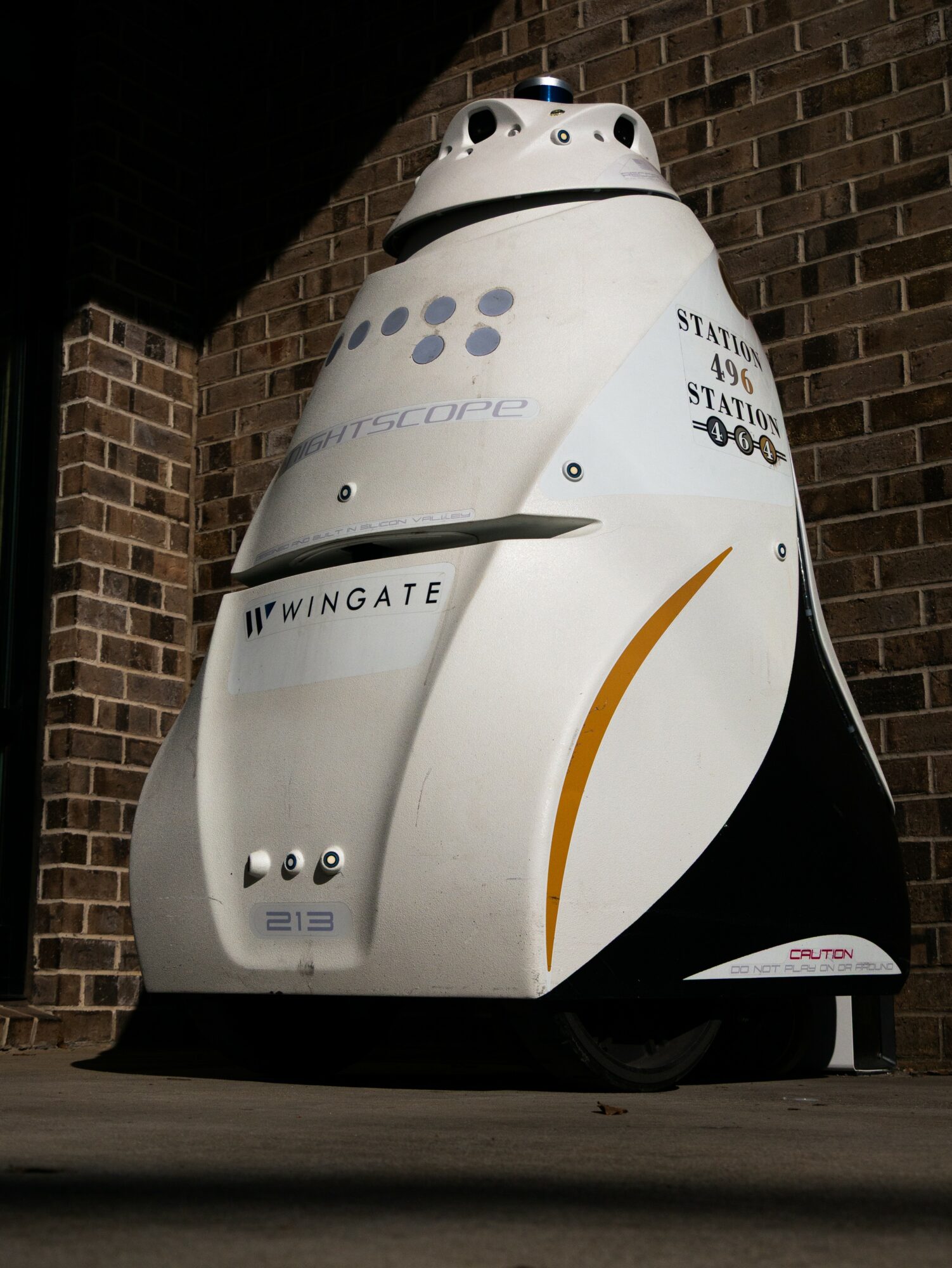
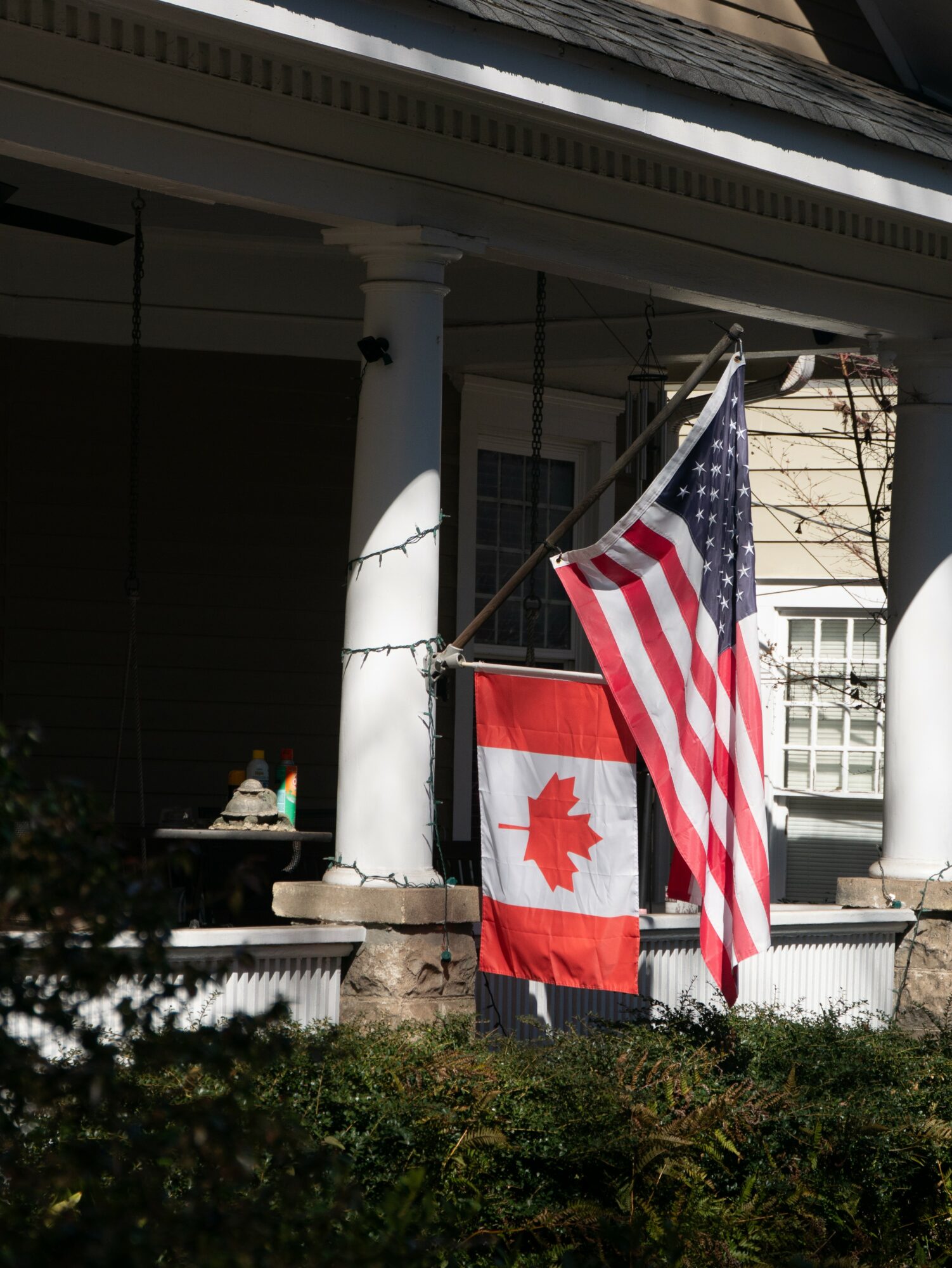
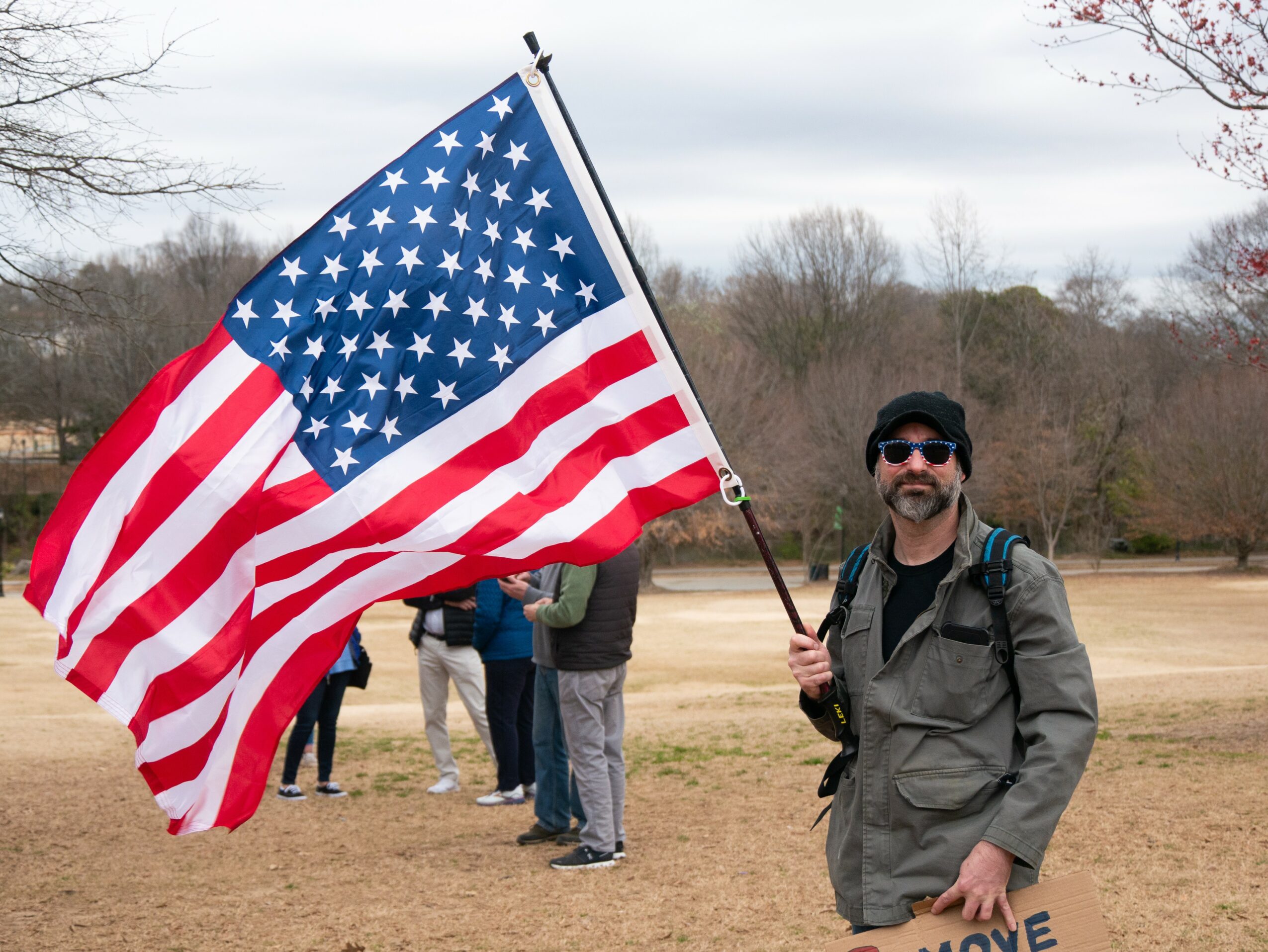
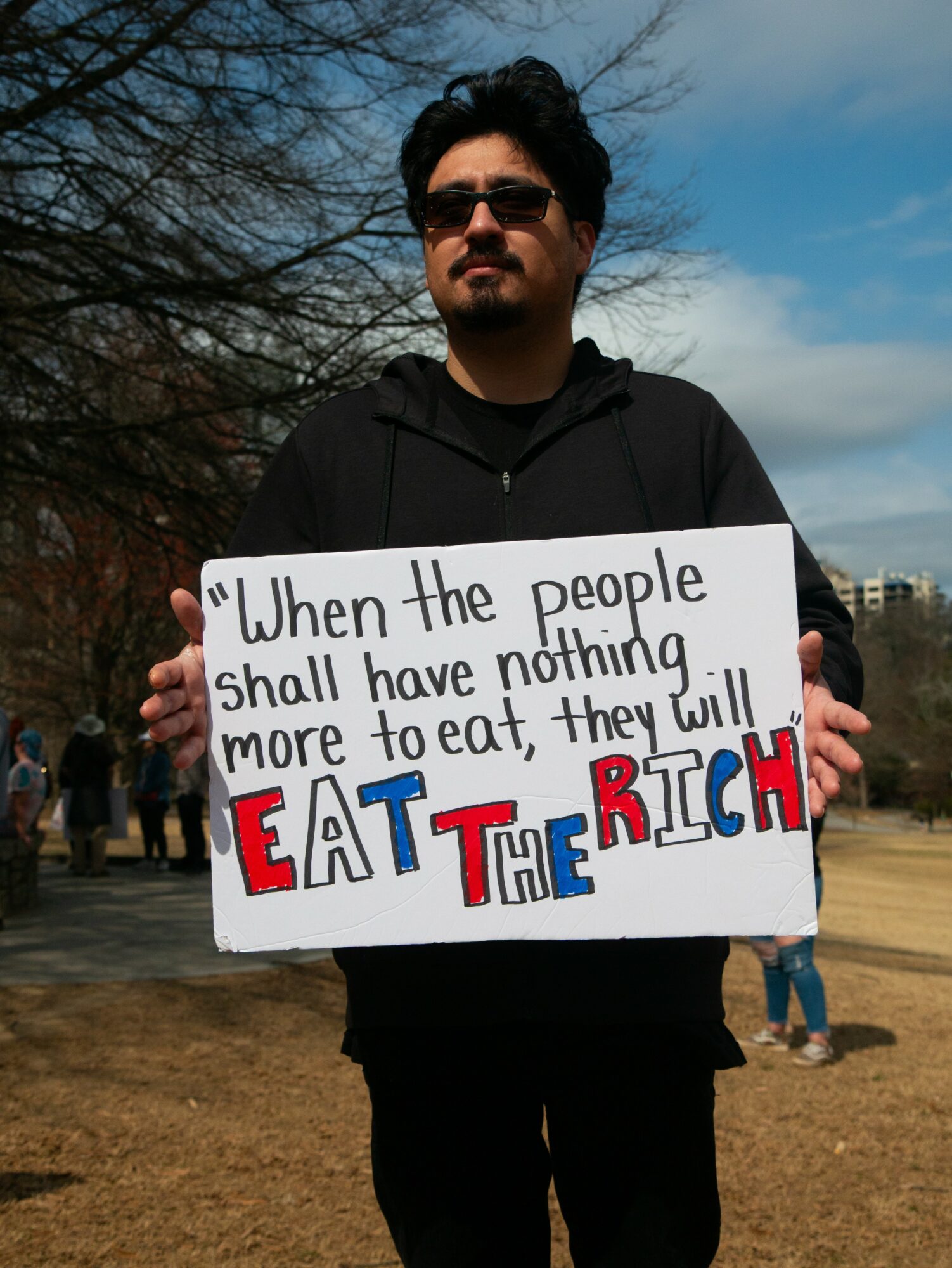
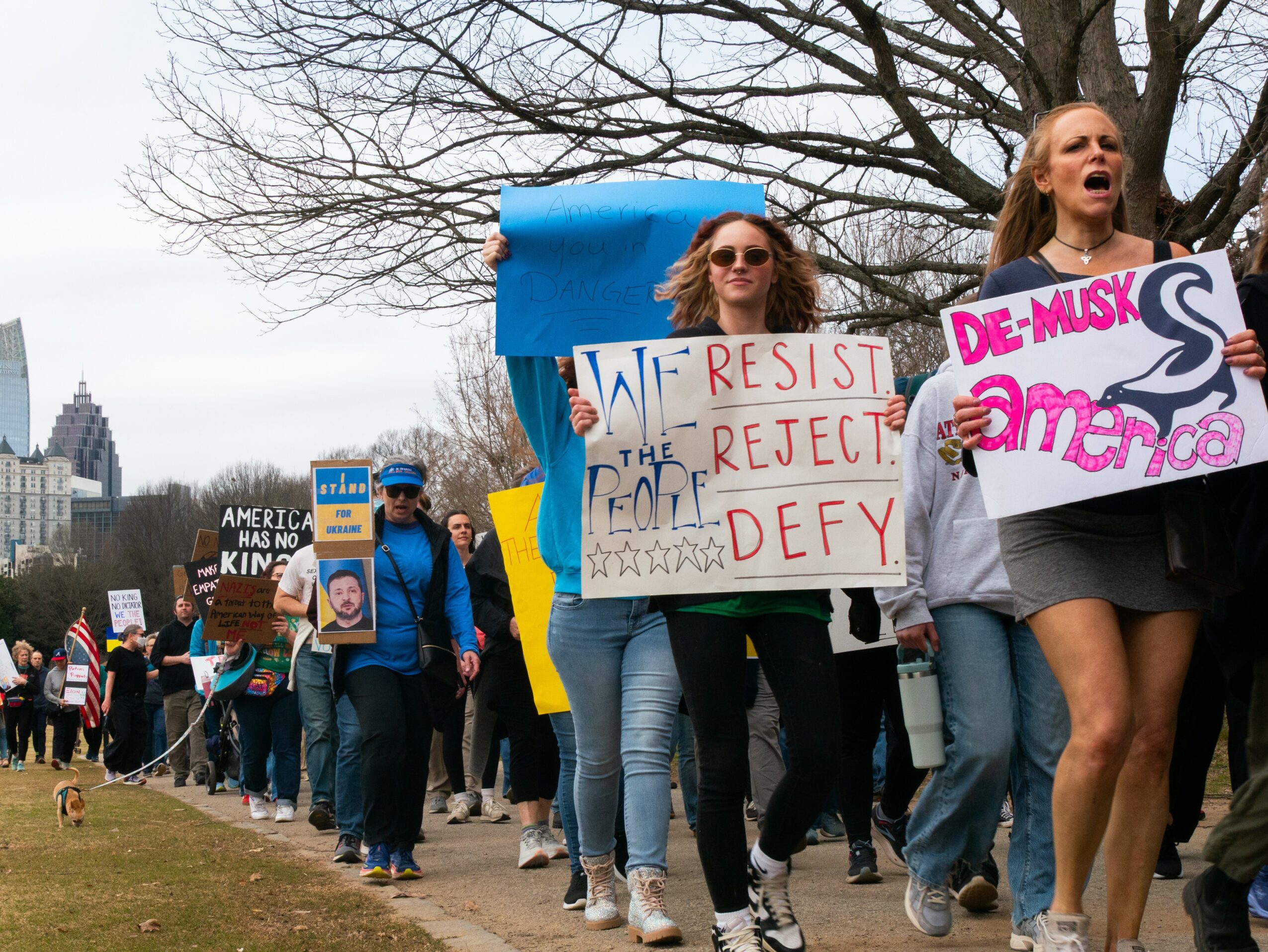
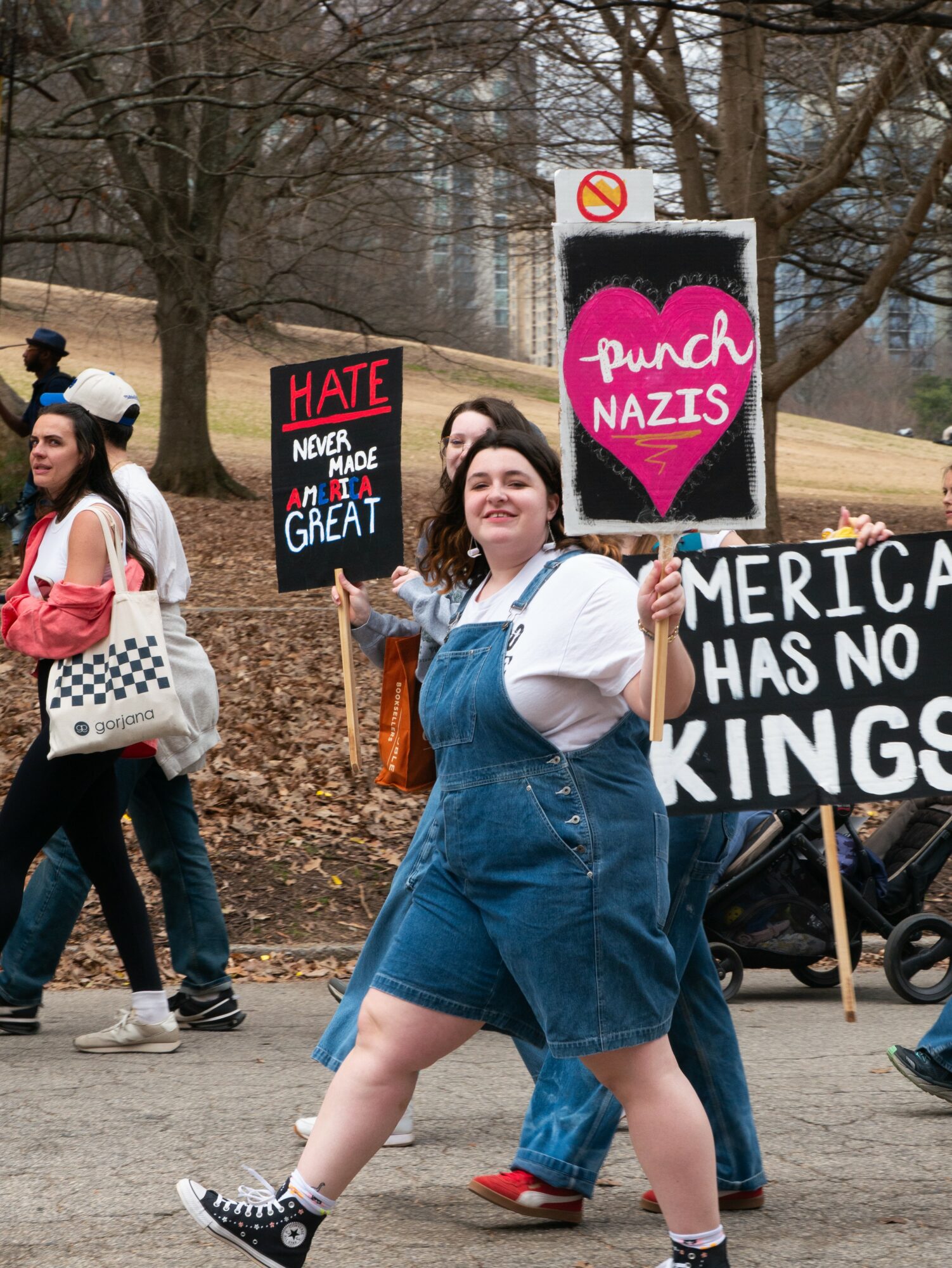
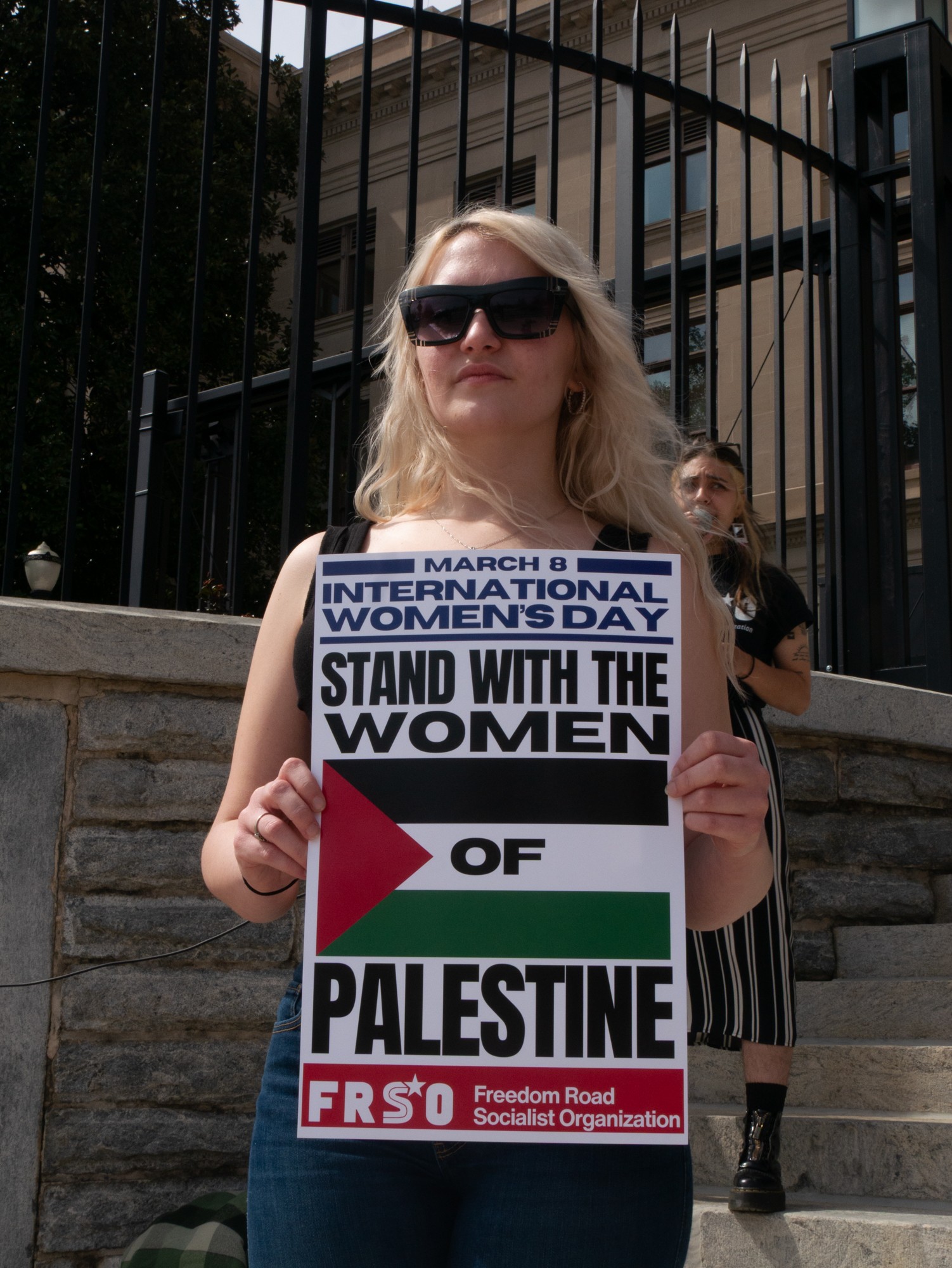
Image Credits
Aharon Weinstein (Self)

